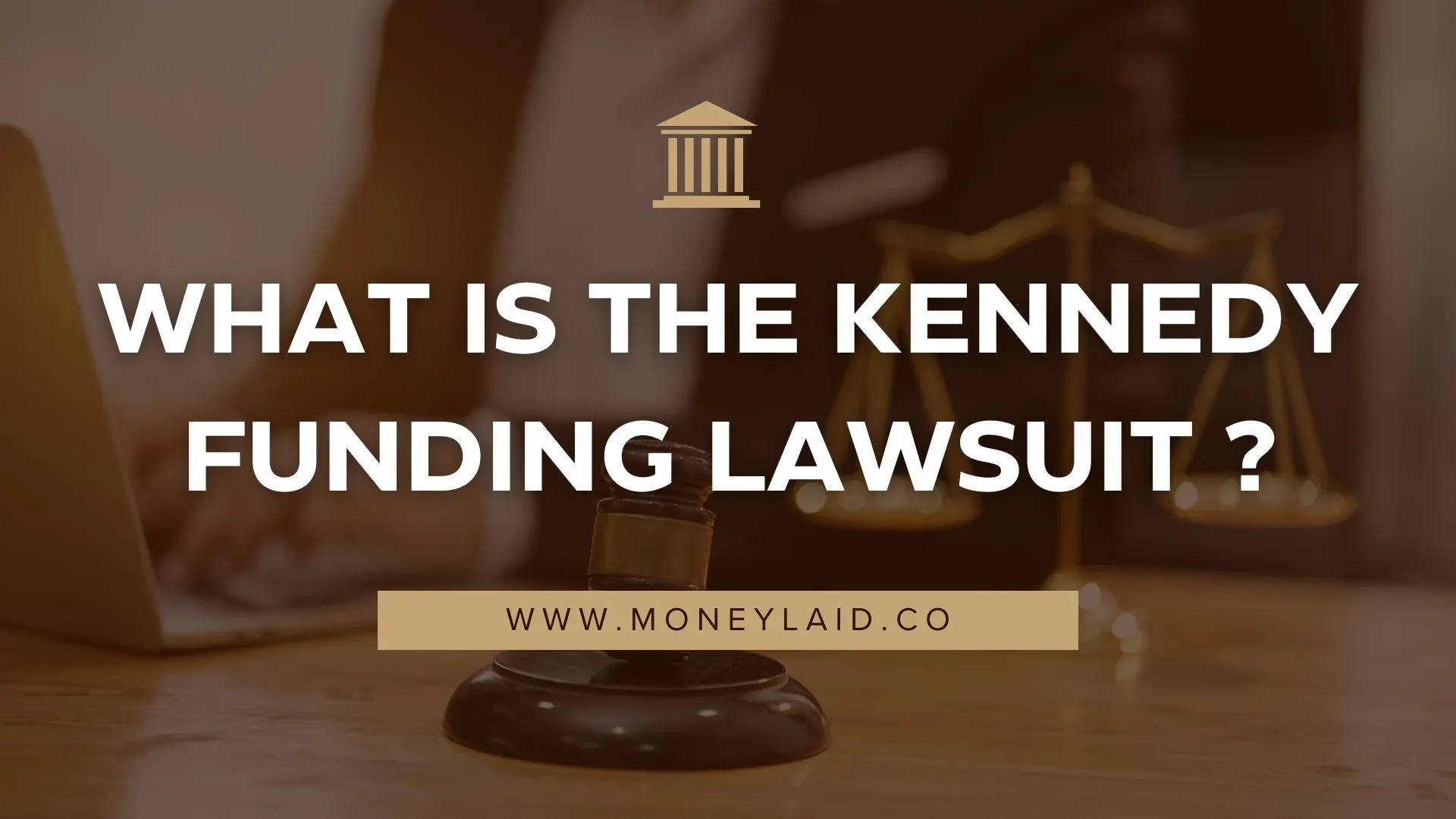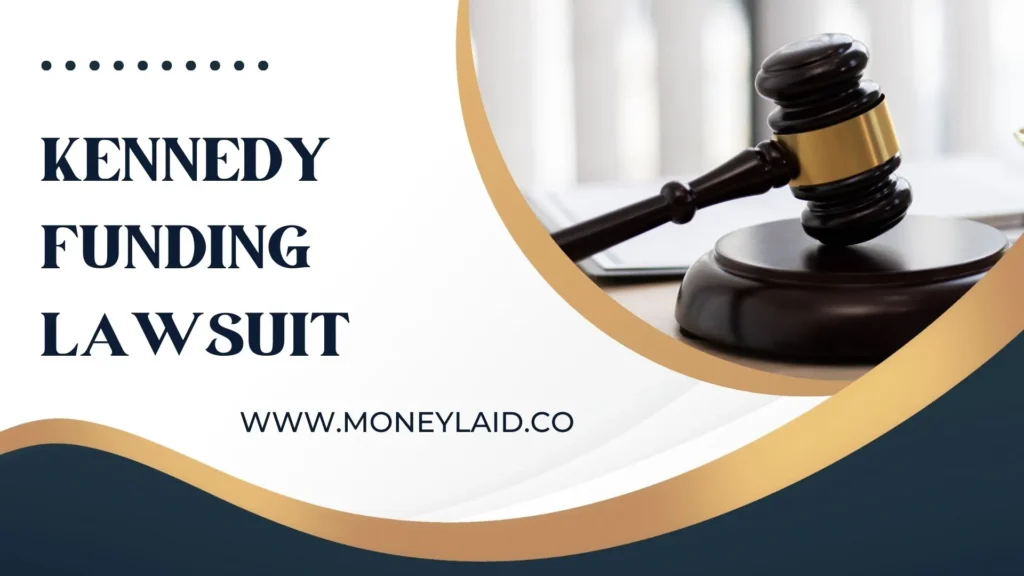
What is the Kennedy Funding Lawsuit ? | Money Laid
Litigation involving huge financial institutions might seem complicated and hard to follow. But, let’s break down the Kennedy Funding instances. We’ll do it in a basic and easy-to-digest approach. Kennedy Funding is a well-known financing firm. They excel in providing rapid, high-risk loans to firms. They’ve been at the center of several complaints concerning loans and unscrupulous methods. Let’s dive into what these lawsuits are about and why they matter.
Who is Kennedy Funding?
Kennedy Funding, created in 1985, is a pioneer in commercial bridging loans. A bridge loan is a short-term loan. It helps enterprises “bridge” the gap between a financial need and a more permanent finance source. This is handy for businesses who need funds but may not qualify for a bank loan.
Kennedy Funding stands out for taking on riskier loans that other banks won’t. They lend money to corporations who need it fast and utilize assets like real estate as security. While this has made them a vital resource for many companies in need, it has also led to some legal difficulties.

What Are the Lawsuits About?
The cases about Kennedy Funding have many concerns. They mostly fall into a few broad categories.
Contract Disputes: Some borrowers have sued Kennedy Funding over loan terms. The challenges often allege that the corporation set hard-to-meet, onerous terms. They also claim it failed to disclose the dangers to the borrowers. Some debtors might complain that the interest rates were too high. They might think the payback schedules were excessively tight. They can also claim they were unfairly fined for missing deadlines.
Accusations of Fraud: A few lawsuits claim fraud, a criminal offense. Borrowers accuse Kennedy Funding of deceiving them about the loan terms. They also claim it fabricated documents. These kinds of charges establish that there was purposeful dishonesty involved. Kennedy Funding has disputed these assertions. They say they follow the law and are upfront about their actions.
Foreclosure Actions: Kennedy Funding often lends against assets, such real estate. If a borrower can’t return the debt, they may initiate legal action to repossess the assets. This process is called as foreclosure. Borrowers who lose their property could blame the loan’s terms for their bad finances. They would say that the corporation set them up to fail.

How Have the Courts Responded?
The outcomes of these lawsuits have varied. In several circumstances, judges have sided with Kennedy Funding. They upheld the loan arrangements and permitted the firm to foreclose. In other circumstances, borrowers have won. Judges found they were treated unfairly or deceived. Some lawsuits have been settled out of court. This means both sides agreed without a trial.
The multiplicity of outcomes demonstrates how complex these cases may be. They highlight the tight edge that high-risk lenders, like Kennedy Funding, walk. On one side, they offer a service to firms who might not have other financial options. Their aggressive lending can cause major legal and ethical difficulties.
What Does This Mean for Kennedy Funding? Being involved in many lawsuits can affect a company’s reputation. Kennedy Funding’s legal troubles have led to increasing public and regulatory scrutiny. Critics argue the many incidents reflect a trend of predatory lending. They believe the firm abuses individuals’ acute need for cash.
However, Kennedy Funding still operations. This shows a demand for their services. They serve a niche market. Enterprises need fast cash. They will accept high-risk, restrictive loans. Despite the legal hurdles, Kennedy Funding has managed to keep its footing in this market.

What Can Borrowers and Lenders Learn?
The cases against Kennedy Funding teach both borrowers and lenders a lesson. It reminds borrowers to analyze a loan contract before signing it. High-interest loans with strict payback terms can be risky. They can have severe effects if things go wrong.
For lenders, these cases underscore the importance for clear communication and equitable norms. Lending money, especially in high-risk settings, involves crossing difficult legal and ethical terrain. Lenders must be honest about their loan terms and risks.
In Conclusion
Kennedy Funding’s lawsuits show the tough world of high-risk financing. The organization has provided crucial capital to many firms. But, it has faced legal challenges over the fairness of its practices. These examples remind us that finance is high-stakes. Sometimes, the line between opportunity and risk can blur. If you’re a business owner seeking a loan, or a lender offering one, be careful with these agreements. Understand them and be willing to ask tough questions.



